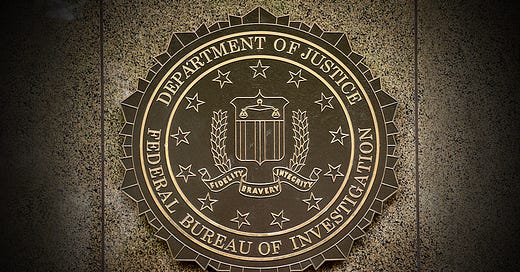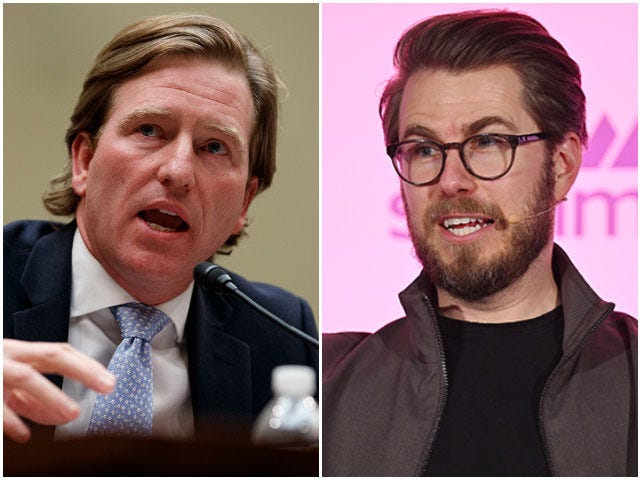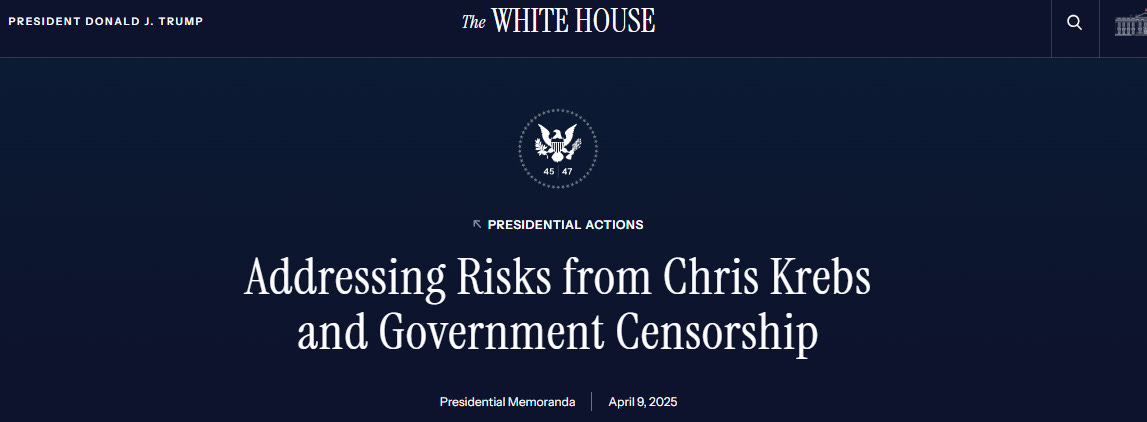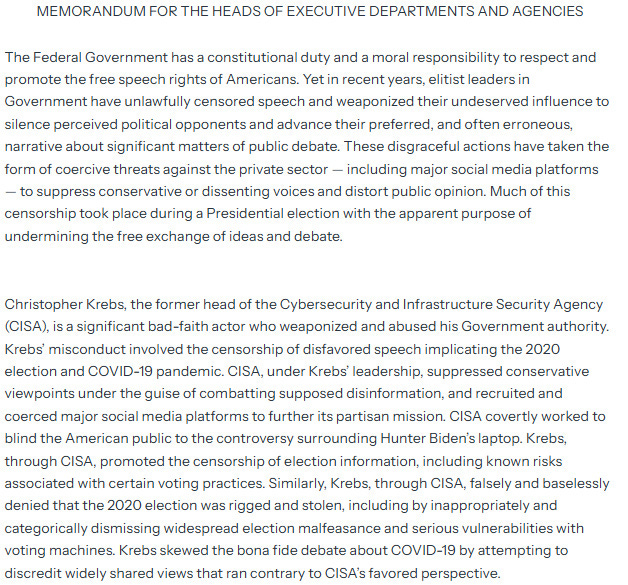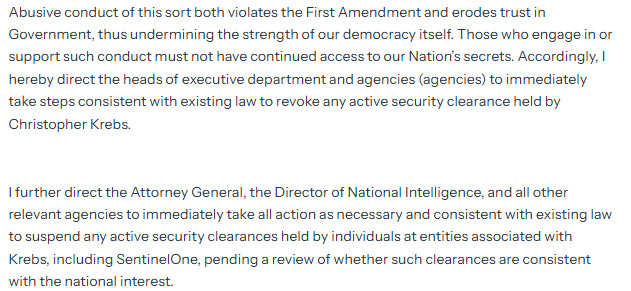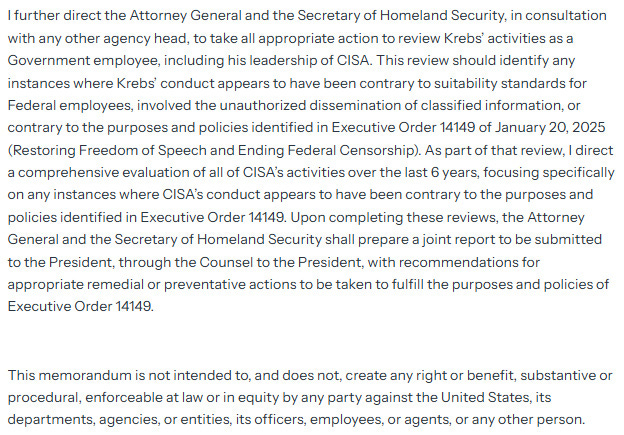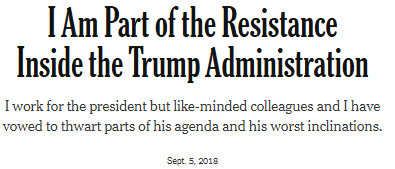President Trump Orders DOJ to Investigate Former Officials for Alleged Treason and Election Misconduct
President Trump directed DOJ to investigate Christopher Krebs and Miles Taylor, accusing one of "treason," escalating political tensions linked to the 2020 election and national security clearances.
By Belle Carter
April 23, 2025
President Donald Trump directed the Department of Justice (DOJ) to investigate ex-officials Christopher Krebs and Miles Taylor, accusing one of "treason," escalating political tensions linked to the 2020 election and national security clearances.
Krebs, fired by President Trump in 2020 for declaring the election "the most secure in history," faces scrutiny over alleged misrepresentation, while President Trump claims he "halted" the election and threatens accountability for fraud claims.
Taylor is targeted over his anonymous 2018 New York Times op-ed and memoir, alleging classified information leaks and "treason," which Taylor defends as protected dissent, asserting "discontent isn't unlawful."
The probes revive historical debates on dissent and political accountability, mirroring past administrations' conflicts over leaks, with critics condemning the move as authoritarian while supporters cite alleged breaches of trust.
The controversy deepens partisan divides, sparking legal concerns and highlighting unresolved tensions from Trump's presidency, testing democratic norms amid escalating political polarization.
In a move that underscores the lingering political fallout from the 2020 election, President Donald Trump directed the Department of Justice (DOJ) to investigate two former administration officials – Christopher Krebs, ex-director of the Cybersecurity and Infrastructure Security Agency (CISA), and Miles Taylor, former Department of Homeland Security (DHS) chief of staff – accusing one of them of "treason."
President Trump Orders Investigations of Former Federal Officials, Says ‘Anonymous’ Author ‘Guilty of Treason’
The orders, signed in the Oval Office on Wednesday, April 9, seek to revoke security clearances and examine alleged misconduct.
The action reignites debates over election integrity, government transparency and the limits of dissent within public service.
Krebs, who led CISA during the 2020 election, was fired by President Trump in November 2020 after publicly declaring the election "the most secure in American history."
In a tweet at the time, President Trump dismissed Krebs' assessment as "highly inaccurate," citing claims of voter fraud, irregularities in voting machines and obstruction of poll watchers.
A White House official clarified that the new memorandum aims to review Krebs' security clearances and investigate whether he engaged in misrepresentation.
"He's the fraud. He's a disgrace," President Trump said of Krebs.
"If it wasn't a safe election, he's got a big price to pay."
Taylor, who served as DHS chief of staff, attracted President Trump's ire after anonymously publishing a 2018 New York Times op-ed and subsequent memoir alleging a "resistance" within the administration working to counter the president's policies.
The memo accuses Taylor of "illegally" releasing classified information and violating his oath.
President Trump called Taylor a "traitor," adding, "I think he's guilty of treason." Taylor fired back on social media, stating, "Dissent isn't unlawful. It certainly isn't treasonous."
Precedents for investigating dissent
The move recalls historical disputes between U.S. presidents and dissenters.
Past administrations, including those of Nixon and Obama, have revoked security clearances or pursued leak investigations – often drawing accusations of political retaliation.
Critics argue President Trump's actions echo authoritarian tactics, while supporters contend it's a justified response to alleged breaches of trust.
Democrats quickly condemned the move. Rep. Jim Himes (D-CT) likened President Trump to a "Bolivian dictator" and insisted Krebs did nothing wrong.
However, President Trump's allies maintain that Krebs and Taylor misused their positions.
Legal experts note that unless new evidence of criminal conduct surfaces, any prosecution risks appearing politically motivated.
The investigation orders deepen the partisan divide over accountability versus free speech in government.
As legal battles loom, the controversy serves as a stark reminder of the unresolved tensions from Trump's presidency and their enduring impact on U.S. institutions.
Whether these probes proceed – or fizzle – will test the resilience of democratic norms in an era of escalating political conflict.
READ MORE:
‘Terrified’ Justice Department (DOJ) Bureaucrats ‘Losing Their Minds’ Over President Trump’s Return
Share or comment on this article.
Your support is crucial in exposing fake news and in helping us defeat mass censorship.

